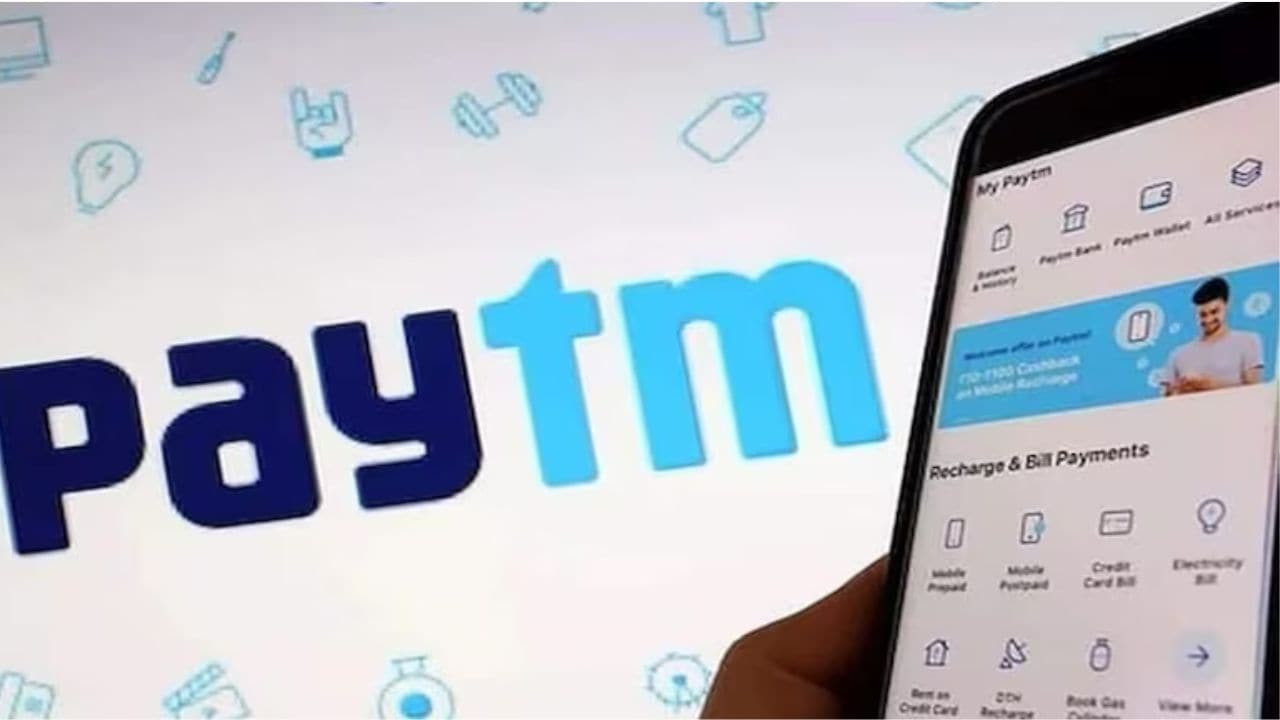Paytm continue karo. Crisis-hit Paytm is working on solutions and is to operate as third-party app for UPI to ensure users can use its services. One97 Communications Limited, the parent company of Paytm, is focusing on the third-party payment app (TPAP) route to ensure that the fintech major’s Unified Payments Interface (UPI) remains available to its users, according to an ET report.
The fintech major’s UPI service falls under the Paytm Payments Bank Limited (PPBL); on January 31, PPBL was barred by the Reserve Bank of India (RBI) from taking money from customers after February 29.
Read More: Three out of five kirana store owners to switch from Paytm to other payment apps
“Since Paytm Payments Bank will stop offering payment services, Paytm will become a third-party app going forward, integrating UPI through other lenders,” the report quoted a person aware of the development as saying. Accordingly, One97 Communications Limited has initiated discussions with the National Payments Corporation of India (NPCI), which runs the UPI ecosystem in the country.
Currently, people using Paytm for UPI payments, have virtual payment addresses (VPAs) ending in @paytm. After March 1, however, customers might find this VPA changing to some other bank handle.
Read More: Paytm brand value deeply eroded, faces painful road ahead to regain trust, say brand experts
Paytm aims to use three or more banks for new VPAs for its customers. Axis Bank, HDFC Bank, and Yes Bank are in contention for the same, as per the report.
Already there are as many as 22 TPAPs working on UPI, including those of Amazon Pay, Google Pay, PhonePe, and others. Axis Bank, HDFC Bank, and ICICI Bank support multiple fintechs through the third-party route. A typical VPA is a mix of the brand name of both the bank and the fintech.
The board of One97 Communications Ltd has also formed a panel headed by N. Damodaran, a former chairman of India’s markets regulator, to advise Paytm Payments Bank Ltd on compliance and regulation a day after the banking regulator criticised the lender for repeated non-compliance of rules.
The committee, led by Damodaran and comprising two other members, will work with the board of One97 Communications to strengthen compliance and regulatory matters, the company told the exchanges.
On January 31, the RBI imposed major business restrictions on Paytm Payments Bank, citing prolonged non-compliance to prudential regulations.
The decision to form the panel came a day after the RBI criticised the payments bank operations for repeated non-compliance to prudential regulations, including know-your-customer norms (KYC) norms and anti-money laundering rules.
Read More: RBI’s crackdown on Paytm; tough times ahead for fintech giant
